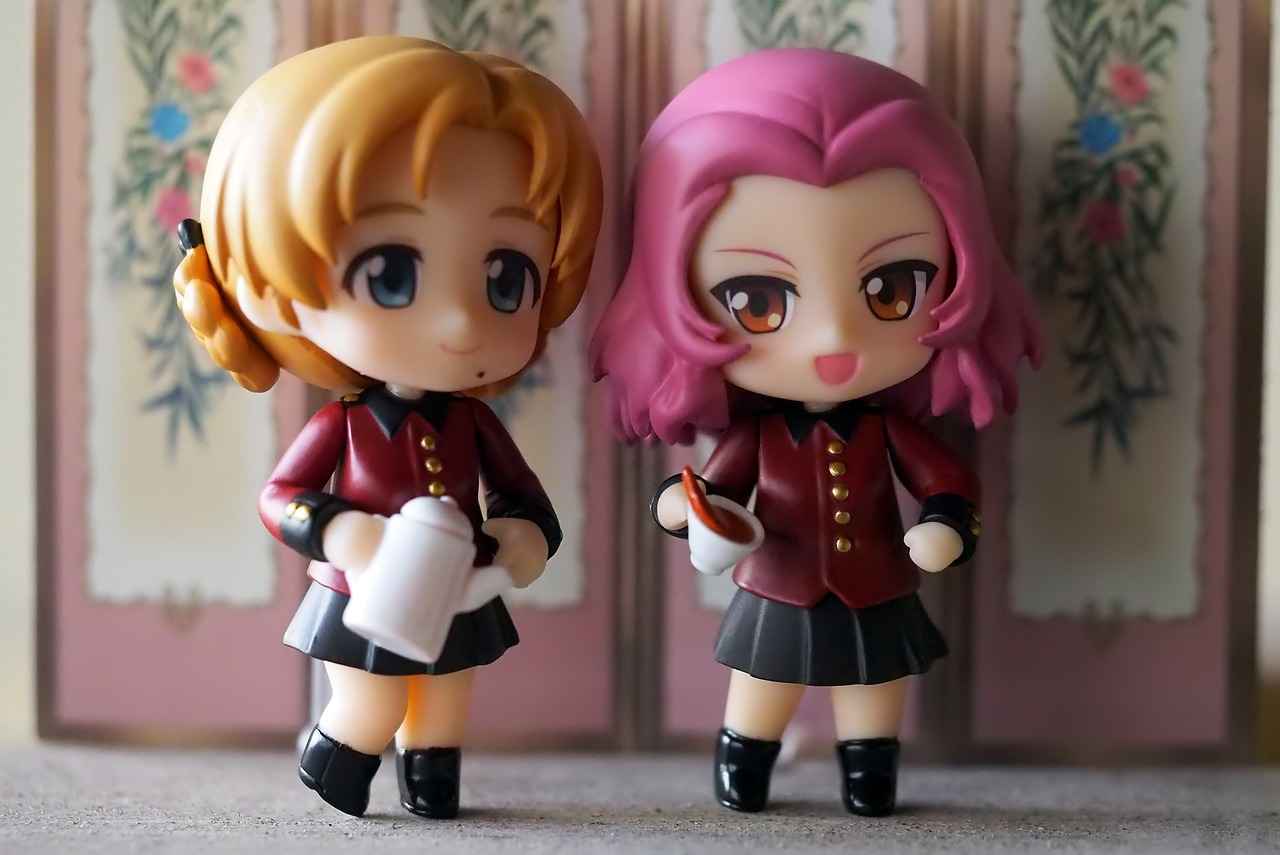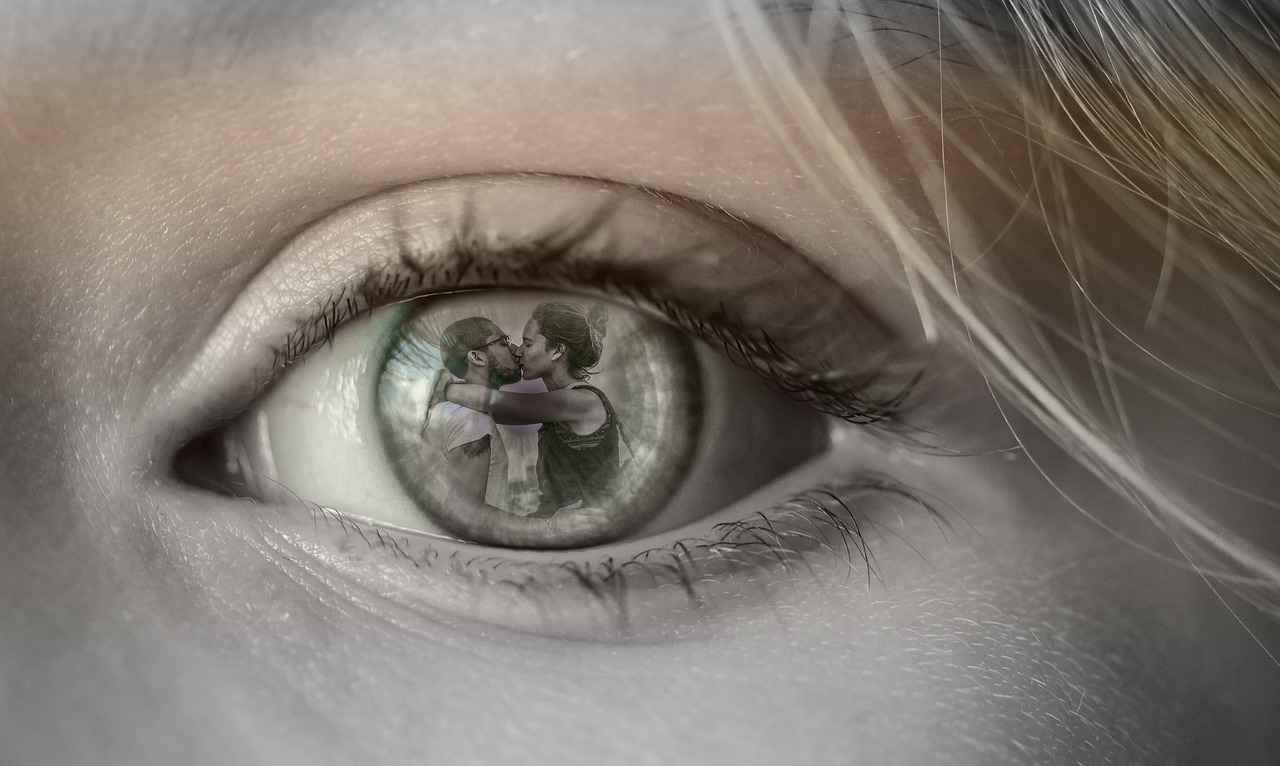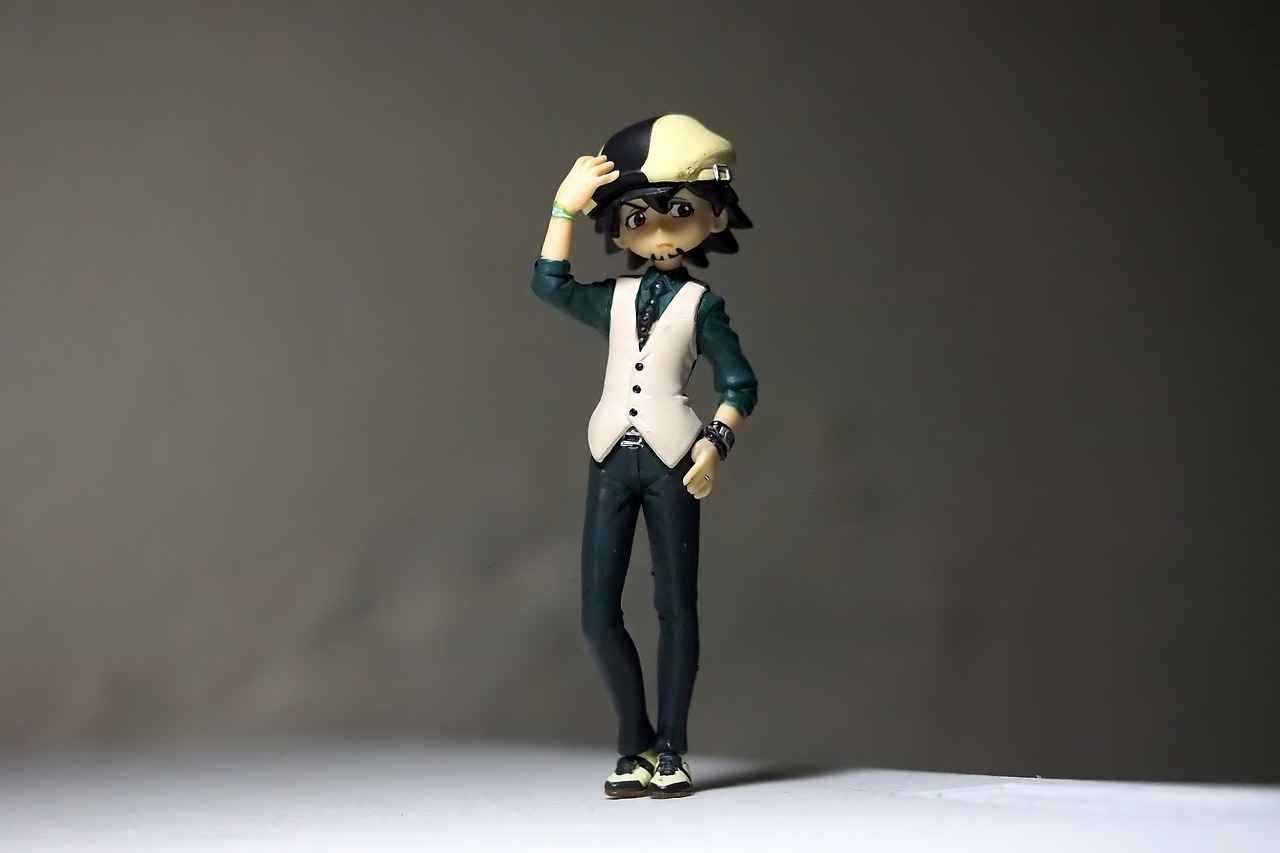This article delves into some of the most shocking betrayals in anime history, examining their profound impact on characters and storylines. These betrayals not only serve as pivotal plot points but also carry significant emotional weight, influencing the trajectory of the narrative and the reactions of viewers.
What Makes an Anime Betrayal Memorable?
Memorable betrayals in anime often stem from deep-seated character relationships, unexpected twists, and high emotional stakes that resonate with audiences. These moments leave lasting impressions, sparking discussions among fans and often redefining character arcs.
Top 5 Shocking Betrayals in Anime
- Itachi Uchiha’s Betrayal in Naruto: Itachi’s actions against his clan reveal a tragic backstory that reshapes Naruto’s journey and understanding of sacrifice.
- Griffith’s Betrayal in Berserk: Griffith’s betrayal of Guts and the Band of the Hawk highlights the dark side of ambition and friendship, leading to catastrophic consequences.
- Reigen’s Betrayal in Mob Psycho 100: Reigen’s actions challenge Mob’s trust, fostering significant character development and a deeper understanding of their relationship.
- Kirei Kotomine’s Betrayal in Fate/Zero: Kirei’s actions reveal moral complexities, emphasizing the ethical dilemmas faced in the Holy Grail War.
- Homura Akemi’s Betrayal in Puella Magi Madoka Magica: Homura’s actions drastically alter the narrative, showcasing the extremes one might go to for love and protection.
The Emotional Impact of Betrayal on Characters
Betrayals often act as catalysts for character growth, leading to significant emotional responses that propel the plot forward in unexpected directions. These moments can redefine relationships and alter motivations, creating a richer narrative landscape.
How Betrayals Shape Anime Narratives
Betrayals are essential in anime storytelling, introducing conflict and tension that enhance character arcs and plotlines. They contribute to the overall depth of the narrative, making the story more engaging for viewers.
Fan Reactions to Anime Betrayals
Anime betrayals frequently ignite passionate discussions among fans, leading to debates about character motivations, ethical dilemmas, and the broader implications of these shocking moments within the series.

What Makes an Anime Betrayal Memorable?
In the world of anime, betrayals can leave a lasting impact on both characters and viewers alike. These moments are often defined by deep character relationships, unexpected twists, and emotional stakes that resonate profoundly. When a character we trust turns against another, it not only shocks us but also prompts us to reflect on the complexities of human emotions and relationships.
One key element that makes an anime betrayal memorable is the foundation of trust that has been built between characters. Viewers invest emotionally in these relationships, making the ultimate betrayal feel like a personal affront. For instance, when a beloved mentor betrays their student, the emotional fallout can be devastating, leading to questions about loyalty and morality.
Another aspect is the unexpected nature of these betrayals. When a character’s true intentions are revealed, it can turn the entire narrative on its head. This twist not only heightens the stakes but also encourages viewers to reconsider their assumptions about the characters involved. Such revelations can lead to intense discussions among fans, as they dissect the motivations behind the betrayal.
Furthermore, the emotional stakes tied to the betrayal often reflect larger themes within the narrative, such as love, sacrifice, or ambition. These themes resonate with viewers, making the betrayal feel significant beyond just the plot twist. For example, a betrayal motivated by a desire to protect a loved one can evoke sympathy for the betrayer, complicating our feelings about right and wrong.
In conclusion, memorable anime betrayals are not merely plot devices; they are pivotal moments that enrich the storytelling experience. They challenge our perceptions of characters and compel us to engage with the narrative on a deeper level, ultimately leaving a lasting impression that fuels discussions long after the credits roll.

Top 5 Shocking Betrayals in Anime
The Most Devastating Anime Betrayals Ever
This article explores some of the most shocking betrayals in anime history, detailing their impact on characters and storylines, while examining the emotional weight they carry in the narrative.
What Makes an Anime Betrayal Memorable?
Memorable betrayals in anime often hinge on deep character relationships, unexpected twists, and emotional stakes that resonate with viewers, leading to lasting impressions and discussions among fans.
- 1. Itachi Uchiha’s Betrayal in Naruto
Itachi’s betrayal of his clan is one of the most heart-wrenching moments in Naruto, revealing complex motivations and a tragic backstory that reshapes the protagonist’s journey.
- 2. Griffith’s Betrayal in Berserk
Griffith’s betrayal of Guts and the Band of the Hawk is a pivotal moment in Berserk, showcasing themes of ambition, sacrifice, and the dark side of friendship.
- 3. Reigen’s Betrayal in Mob Psycho 100
Reigen’s actions in Mob Psycho 100 challenge the trust between him and Mob, leading to significant character development and a deeper understanding of their relationship.
- 4. Kirei Kotomine’s Betrayal in Fate/Zero
Kirei’s betrayal in Fate/Zero reveals his true nature and motivations, emphasizing the moral complexities of the characters involved in the Holy Grail War.
- 5. Homura Akemi’s Betrayal in Puella Magi Madoka Magica
Homura’s betrayal of Madoka is a profound twist that alters the series’ narrative, showcasing the lengths one would go to for love and protection.
The Emotional Impact of Betrayal on Characters
Betrayals often serve as catalysts for character development, leading to profound emotional responses and changes in motivations, which can drive the plot forward in unexpected ways.
How Betrayals Shape Anime Narratives
Betrayals are crucial in anime storytelling, providing conflict and tension that enrich character arcs and plotlines, ultimately contributing to the overall depth of the narrative.
Fan Reactions to Anime Betrayals
Anime betrayals frequently spark intense discussions among fans, leading to debates about character motivations, ethical dilemmas, and the implications of these shocking moments in the broader context of the series.
1. Itachi Uchiha’s Betrayal in Naruto
Itachi Uchiha’s betrayal in Naruto stands as a pivotal moment that resonates deeply with fans and shapes the narrative of the series. This act of betrayal is not simply a twist in the story; it is a complex event that reveals the intricate layers of Itachi’s character and his motivations.
Initially perceived as a villain, Itachi’s actions are later unveiled to be driven by a profound sense of duty and sacrifice. He made the heart-wrenching decision to annihilate his own clan, the Uchiha, to prevent a potential coup that could lead to a devastating war. This decision highlights the themes of loyalty, sacrifice, and the burdens of power.
The emotional weight of this betrayal is felt not only by the characters within the story but also by the audience. Itachi’s love for his brother, Sasuke, is a driving force behind his actions, as he hopes to protect him from the cycle of hatred and revenge that plagued their clan. This tragic backstory transforms Sasuke’s journey from one of vengeance to a deeper understanding of his brother’s true intentions.
Moreover, Itachi’s character serves as a lens through which the series explores the complexities of morality and the consequences of one’s choices. His ultimate sacrifice, revealed in later arcs, adds a layer of redemption to his character, allowing fans to see him not as a mere antagonist but as a tragic hero.
In conclusion, Itachi Uchiha’s betrayal is a masterclass in storytelling, showcasing how a character’s motivations can reshape the narrative and influence the protagonist’s journey. This moment not only deepens the emotional stakes of the series but also invites viewers to reflect on the nature of sacrifice and the heavy burdens of duty.
2. Griffith’s Betrayal in Berserk
Griffith’s betrayal in Berserk stands as one of the most shocking and impactful moments in anime history. This pivotal event not only alters the course of the storyline but also delves deep into the themes of ambition, sacrifice, and the darker aspects of friendship.
At the heart of Griffith’s betrayal is his unyielding ambition to achieve his dream of becoming a king. This desire drives him to make choices that ultimately lead to the destruction of the bonds he once cherished with Guts and the rest of the Band of the Hawk. The betrayal occurs when Griffith sacrifices his comrades to the God Hand, a decision that highlights the stark contrast between personal ambition and the value of friendship.
The emotional weight of this moment cannot be overstated. Guts, who has always looked up to Griffith as a leader and friend, is left shattered and disillusioned. The trust that was built over years is obliterated in an instant, forcing Guts to confront not only his feelings of betrayal but also the harsh realities of the world around him. This transformation marks a significant turning point in Guts’ character arc, propelling him on a path of vengeance and self-discovery.
Furthermore, Griffith’s actions raise profound questions about the nature of sacrifice. Is it acceptable to betray those you love for the sake of a greater ambition? This moral ambiguity resonates with audiences, prompting them to reflect on their own values and relationships.
In conclusion, Griffith’s betrayal in Berserk serves as a powerful narrative device that encapsulates the complexities of human relationships and the often painful sacrifices made in the pursuit of dreams. It is a moment that not only defines the characters involved but also leaves a lasting impact on viewers, solidifying its place among the most devastating betrayals in anime.
3. Reigen’s Betrayal in Mob Psycho 100
Reigen’s actions in Mob Psycho 100 serve as a pivotal moment that not only tests the trust between him and Mob but also catalyzes significant character development for both individuals. Throughout the series, Reigen is portrayed as a mentor figure to Mob, providing guidance and support. However, his decisions, particularly during critical moments, challenge the very foundation of their relationship.
Initially, Reigen appears to embody the qualities of a trustworthy mentor, offering Mob a sense of stability in a chaotic world filled with psychic phenomena. However, as the narrative progresses, Reigen’s choices reveal a more complex character. His actions, motivated by a desire to protect Mob, often lead to unintended consequences that strain their bond. This complexity adds depth to his character, making him more relatable and human.
The tension between Reigen and Mob escalates when Mob discovers the truth behind Reigen’s manipulations. This revelation forces Mob to confront his feelings of betrayal, leading to a profound internal struggle. Mob’s journey towards understanding and forgiveness is not only a testament to his growth but also highlights the intricate dynamics of their relationship. This moment serves as a crucial turning point, prompting Mob to reevaluate his trust in others and his own identity.
Ultimately, Reigen’s betrayal is not merely an act of deception; it is a narrative device that enriches the storyline. It emphasizes themes of trust, growth, and the complexities of mentorship. As Mob navigates his emotions and the aftermath of Reigen’s actions, viewers are left with a deeper appreciation for the nuances of their relationship, showcasing how betrayal can lead to significant personal growth and understanding.
4. Kirei Kotomine’s Betrayal in Fate/Zero
Kirei Kotomine’s Betrayal in Fate/Zero stands as one of the most significant moments in the series, revealing the intricate layers of his character and the moral ambiguities that permeate the Holy Grail War. His actions serve as a mirror reflecting the darker aspects of human nature, raising questions about the essence of desire and the pursuit of one’s true self.
Initially, Kirei appears as a conflicted priest, torn between his duties and his hidden inclinations. However, as the story unfolds, it becomes clear that his betrayal is not merely a plot twist; it is a culmination of his internal struggles and a revelation of his authentic self. The Holy Grail War serves as a backdrop for Kirei’s transformation, highlighting the theme of moral complexity that defines the series.
His betrayal of allies and enemies alike emphasizes the self-serving nature of his motivations. Kirei’s actions lead to devastating consequences, not just for those around him but for himself as well, as he grapples with the realization of his true desires. This complexity makes him one of the most compelling characters in the narrative, as viewers are drawn into his philosophical dilemmas and the ramifications of his choices.
Moreover, Kirei’s betrayal serves as a critical turning point in the story, affecting the fates of other characters and the overall trajectory of the plot. It challenges the audience to confront uncomfortable truths about ambition, morality, and the human condition. In a world where alliances are fragile and trust is a commodity, Kirei’s actions resonate deeply, prompting discussions about the nature of betrayal and its impact on personal relationships.
In conclusion, Kirei Kotomine’s betrayal in Fate/Zero is not just a moment of shock; it is a profound exploration of the character’s psyche and the ethical dilemmas that arise within the chaotic landscape of the Holy Grail War. His journey reflects the complexity of human emotions and the often-blurred lines between good and evil.
5. Homura Akemi’s Betrayal in Puella Magi Madoka Magica
Homura Akemi’s betrayal of Madoka Kaname is one of the most striking and emotionally charged moments in the anime world. This twist not only reshapes the narrative of Puella Magi Madoka Magica but also delves deep into themes of love, sacrifice, and the complexity of human emotions.
Initially introduced as a mysterious and seemingly cold character, Homura’s true motivations are gradually revealed throughout the series. Her actions, which may appear as betrayal, stem from a profound desire to protect Madoka at all costs. This paradox highlights the lengths to which one might go for love and protection, challenging the viewer’s perception of right and wrong.
As the story unfolds, the audience learns that Homura has repeatedly traveled back in time, attempting to save Madoka from a tragic fate. Each time she fails, her determination only grows stronger, leading her to make increasingly desperate choices. This relentless pursuit showcases her deep emotional connection to Madoka, transforming her actions into a complex narrative of devotion.
The emotional weight of Homura’s betrayal reverberates throughout the series, impacting not only her character arc but also the overall storyline. As viewers, we are left to grapple with the moral implications of her decisions. Is betrayal ever justified if it is done in the name of love? This question lingers, prompting discussions among fans long after the series concludes.
In conclusion, Homura Akemi’s betrayal is a pivotal moment in Puella Magi Madoka Magica, illustrating the intricate balance between love and sacrifice. It serves as a poignant reminder of how far one might go to protect those they cherish, leaving a lasting impression on the audience.

The Emotional Impact of Betrayal on Characters
Betrayal is a powerful narrative device in anime, often serving as a turning point for character development. It evokes profound emotional responses that can alter a character’s motivations and relationships, leading to unexpected plot developments. When a character experiences betrayal, it not only affects them but also resonates deeply with the audience, creating a shared emotional experience.
At its core, betrayal challenges the very foundation of trust. Characters who face betrayal often undergo significant transformation, prompting them to reassess their values and alliances. For example, in many anime series, a once-trusted ally may turn against the protagonist, forcing them to confront their vulnerabilities and adapt to new realities. This struggle can lead to intense character arcs that explore themes of revenge, forgiveness, and personal growth.
Moreover, the emotional fallout from a betrayal can ripple throughout the storyline, influencing the actions and decisions of other characters. This interconnectedness can create a rich tapestry of conflict and resolution, driving the narrative forward in compelling ways. The audience is left grappling with the implications of betrayal, often leading to discussions about morality, loyalty, and the complexities of human relationships.
In many cases, the aftermath of betrayal can lead to redemption arcs, where characters seek to make amends or find closure. This journey not only enhances the emotional depth of the narrative but also reinforces the idea that even in the face of betrayal, there is potential for growth and healing.
In conclusion, the emotional impact of betrayal on characters is a crucial element in anime storytelling. It serves as a catalyst for change, prompting characters to evolve and driving the plot in unexpected directions. By examining these moments of betrayal, viewers gain insight into the intricate dynamics of relationships and the resilience of the human spirit.

How Betrayals Shape Anime Narratives
Betrayals in anime play a pivotal role in shaping narratives, serving as a powerful mechanism that drives conflict and enhances character development. These moments of treachery often come as unexpected twists, leaving audiences in disbelief and prompting deep emotional responses. The impact of a betrayal can reverberate throughout the entire storyline, creating tension that enriches the viewer’s experience.
At the heart of many anime series lies a complex web of relationships. When a character betrays another, it not only alters their dynamics but also forces the audience to reevaluate their understanding of loyalty and trust. This emotional weight is what makes such betrayals memorable. Viewers become invested in the characters’ journeys, and when a betrayal occurs, it can lead to significant character growth or even downfall.
Consider the case of Itachi Uchiha from Naruto. His betrayal of the Uchiha clan is not merely an act of treachery; it is a deeply layered decision driven by love and sacrifice. This complexity adds depth to the narrative, allowing viewers to grapple with the moral ambiguities of his actions. Similarly, Griffith’s betrayal in Berserk showcases the dark side of ambition and the cost of friendship, leaving a lasting impression on fans.
Moreover, betrayals often serve as turning points in the plot, propelling characters into new arcs or conflicts. For instance, in Mob Psycho 100, Reigen’s betrayal challenges the protagonist’s trust, leading to significant character development and a redefinition of their relationship. This illustrates how betrayal can act as a catalyst for change, pushing characters to confront their beliefs and motivations.
In conclusion, betrayals are not just plot devices; they are essential elements that enrich anime narratives. By introducing conflict and tension, they allow for profound character exploration and emotional engagement, ultimately contributing to the overall depth of the story. As fans reflect on these moments, they are reminded of the intricate nature of relationships and the complexities of human emotions.

Fan Reactions to Anime Betrayals
Anime betrayals often evoke a myriad of emotions from fans, igniting passionate discussions and debates within the community. These moments of treachery can lead to a reevaluation of character motivations and ethical dilemmas that resonate deeply with viewers. The impact of these betrayals goes beyond mere shock; they challenge the very fabric of relationships depicted in the series.
When a beloved character turns against their friends, fans are left grappling with feelings of anger, betrayal, and even sympathy for the character’s circumstances. For instance, Itachi Uchiha’s betrayal in Naruto not only alters the protagonist’s path but also forces viewers to confront the complexities of familial loyalty and sacrifice. This duality in character motivations often leads to heated debates among fans, as they analyze the implications of these actions on the overall narrative.
Moreover, the emotional stakes involved in these betrayals often lead to a deeper connection between the audience and the story. Fans frequently engage in discussions about the moral implications of a character’s choices, contemplating whether their actions can be justified. This exploration of ethics adds layers to the viewing experience, prompting fans to reflect on their own values and beliefs.
Furthermore, the aftermath of a betrayal can serve as a catalyst for character growth. For example, in Mob Psycho 100, Reigen’s betrayal challenges Mob’s trust and ultimately leads to significant personal development for both characters. Such moments are not merely plot devices; they are pivotal turning points that shape the trajectory of the series.
In conclusion, fan reactions to anime betrayals are multifaceted, encompassing a wide range of emotions and discussions. These moments not only enhance the narrative but also foster a deeper engagement among viewers, making them a vital aspect of anime storytelling.
